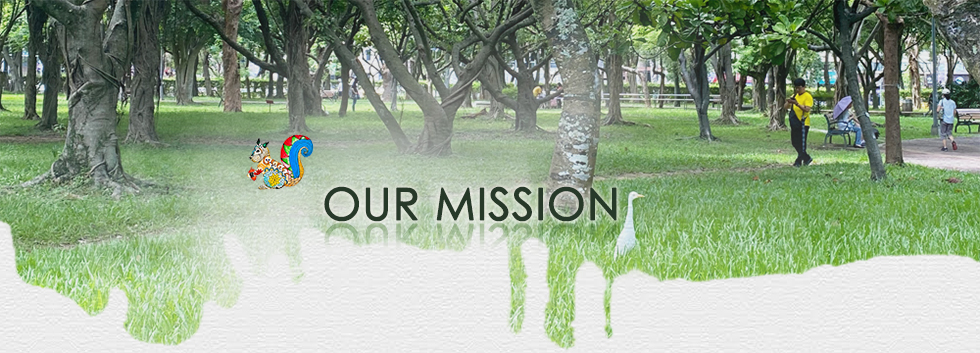Organized by Hsin-Ai
Sustainable Mountain & Forest
(A) Mountains & Rivers
In recent years, the issue of marine debris has caught great attention. Much of the debris actually comes from rivers. Therefore, if we can trace the debris to the origin, we can intercept and prevent debris from entering the ocean, which can improve the water environment. SOW organized the “River Litter Assessment Workshop” in 2019. The workshop invited professionals from Japan to develop an assessment that can be applied to Taiwan’s unique landscape characteristics. With the assessment method, the team conducted rapid assessment on Tamsui River in 2020. The result clearly identified the pollution problem, which has proven the assessment is effective and not only can it help us study the distribution of debris, but also can provide valuable data for future river improvements.
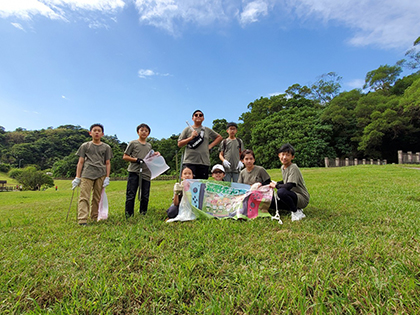
Source: Wilderness Crossing
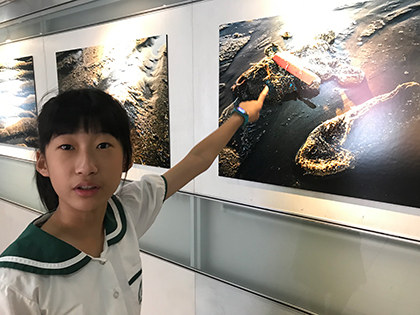
Source: Wilderness Crossing
Among 4 categories of mountains, rivers, oceans, and nature, SOW first identified the problem of the coast, and then traced the problem back to its source. In the past three years, SOW has conducted investigations on ocean and rivers, as well as forests and mountains. The SOW Chairperson Liu, Yueh-Mei stated that the 2020 rapid assessment had confirmed that the composition of marine debris had matched the wastes from the rivers. This implies that the source of marine debris is the river. Therefore, monitoring and cleaning up the rivers have become top priority. Hopefully SOW can combine the strength and resources from individuals, corporations, and governments and work together to reduce land waste from entering the ocean, cut off the source of marine debris, and pay tribute and respect to the ocean with environmental actions.
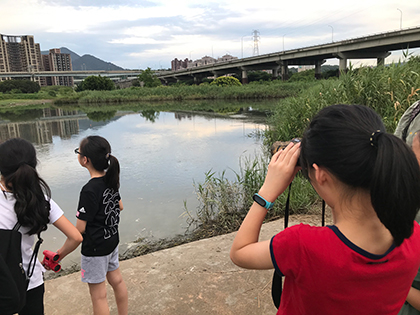
Source: Wilderness Crossing
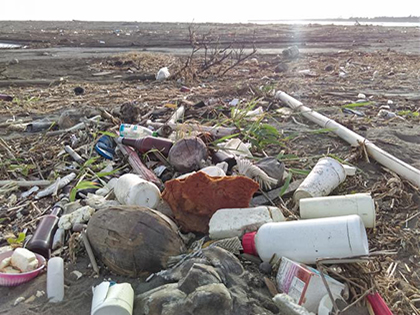
Source: Wilderness Crossing
According to SOW, the issue of river waste and ocean plastic reduction should be considered and evaluated at the same time. Most of the marine debris originates from cities. The debris enters the rivers through drains and sewages and flows into the ocean. SOW’s marine specialist Ms. Hsu, Hsiao-Chun stated that the most ideal scenario is to keep the trash off the ground and prevent waste from entering the rivers. However, a river waste monitoring and investigation mechanism must be in place. Although SOW is currently working with corporations on monitoring river waste, it hopes that one day the government can take over and follow up on the process and promote sustainable development for Taiwan’s rivers.
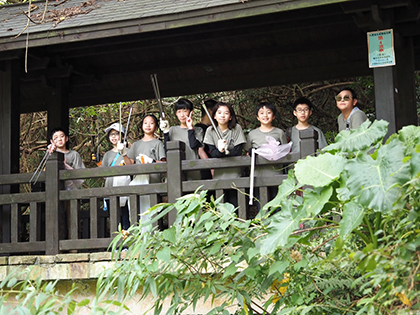
Source: Wilderness Crossing
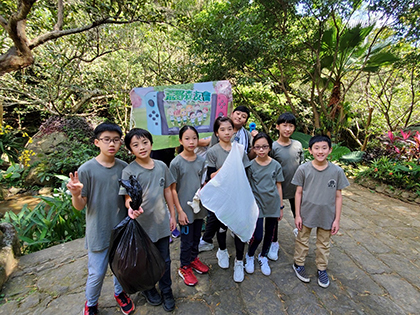
Source: Wilderness Crossing
(B) Sustainable Forests and Mountains
| While we enjoy hiking and camping in the woods, the amount of waste we leave behind is far more than we can imagine. Trash such as plastics, tissue paper, cigarette butts, and peels have become a heavy burden to the mountains and forests. Starting from the core value of Leave No Trace, SOW promotes the concept of “keep trash off the ground” and educates people on how to be friendly to the natural environment. The goal is to leave just our footprints behind, not garbage and minimize the outdoor activity impact to the environment. |  |
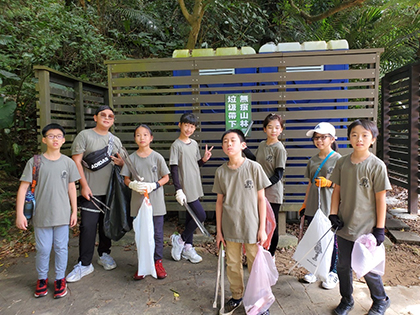
Source: Wilderness Crossing
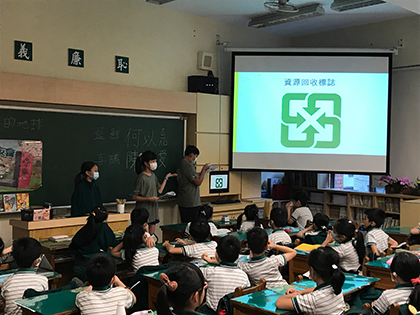
Source: Wilderness Crossing
SOW has been paying attention to river waste issues, therefore it has conducted rapid assessment on river waste to understand how much waste is entering the rivers and ocean and trying to come up with a solution to deal with the problem. Through the assessment, people can be more aware of the severity of the river pollution. At the same time, the literacy of environmental education can be improved. Education can then transform into actual actions in life. Furthermore, SOW cooperates with farmers in Shuanglianpi to promote micro-revolution of land, which is to reduce the use of pesticides and herbicides to prevent them from polluting the water resource and protect the diversified ecosystem. This can also redefine the relationship between humans, environment, and food. Starting with leading the people to embrace the land and having closer relationships with fields and gardens, SOW hopes to raise the awareness of every citizen to pay attention to the garbage and pollution crisis on mountains, forests and rivers, and to work together to protect our precious natural resources.
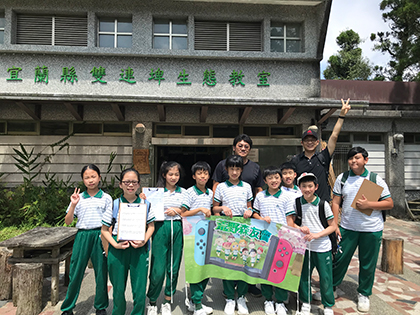
Source: Wilderness Crossing
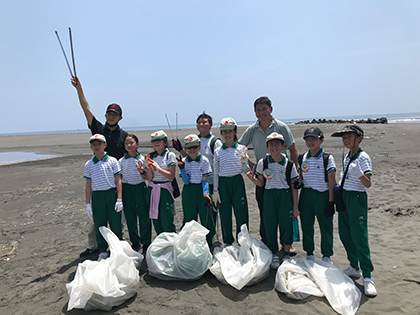
Source: Wilderness Crossing
SOW’s primary objective is the conservation of natural habitats. It organizes series activities that aim to protect mountains and rivers. SOW invites all citizens and tourists to the great outdoors to observe and record Taiwan’s beautiful nature through eco-guides and natural environment experience courses. People have the opportunity to know more about animals and plants in the natural environment, and learn how to cherish and protect the environment. SOW believes that it can plant the seeds of love through activities such as mountain and beach clean-up, and that the environmental condition will become better and better. In response, nature will have a more beautiful appearance.
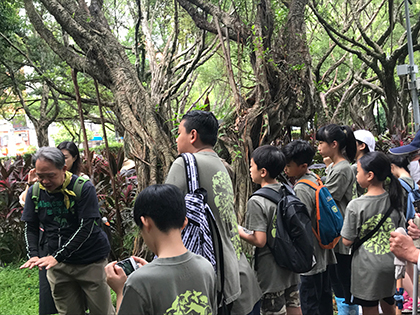
Source: Wilderness Crossing
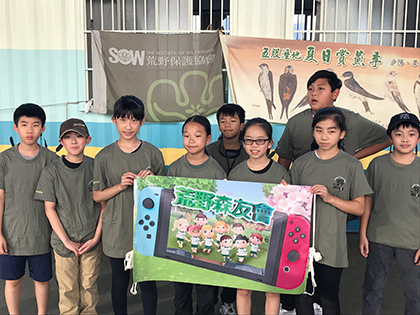
Source: Wilderness Crossing

